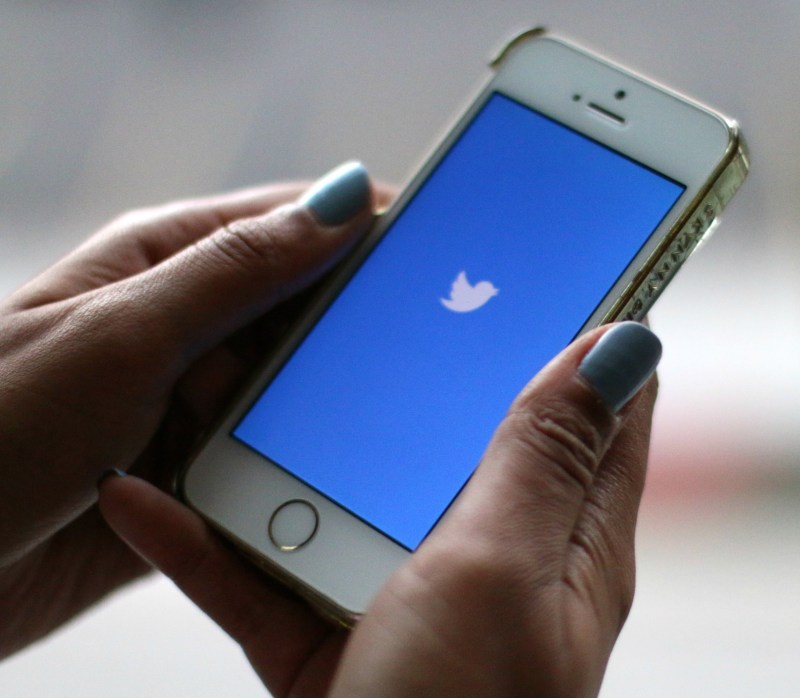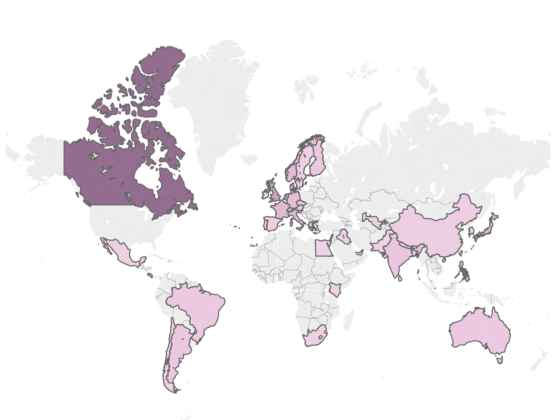
Traditional entertainment journalists have tended to be known by their black-and-white bylines on a printed page, unlike their cohorts, those popular television anchors, columnists and a handful of specialized reviewers.
Now that’s changing.
Take, for instance, Ira Madison III, who writes MTV’s “Delete Your Account.” Madison’s offering is a weekly breakdown of the latest and greatest in pop culture, ranging from discussing celebrity life to social media showdowns.
On his Twitter account, he goes a bit further. There one can find his stream-of-consciousness on Beyonce and commentary on the entertainment industry, all scrolling out to his 14,000 followers.
I hope Beyoncé plays the national anthem tonight just so she can tell the audience to take a knee
— Ira Madison III (@ira) September 15, 2016
The ability to create not just smart, but related content —as Madison did relating Beyonce to NFL player Colin Kaepernick’s refusal to stand for the national anthem– is a big factor in the rise of journalists on social media.
“I don’t think journalists are trying to be personalities. I just think they’re being themselves. Journalists are humans too,” said Taylor Trudon, an editor at MTV News and MTV Founders. “Tweeting about your love of Beyonce or ‘Stranger Things’ doesn’t make your work less legitimate.”
Journalism is no longer limited to just written articles, Turdon said.
“It’s tweets, video, Snapchat and different experiences being created on different platforms,” said Trudon. “Today, anyone can be a creator of content. It’s not limited to the definition of a ‘traditional’ journalist.”
Social media has the potential to humanize journalists, taking them from a vague characters in the background into real people who binge on Netflix and post their food porn on Instagram.
It can also help journalists build their audience.
“The internet is where you go to find people who are into the same things you are … that’s where you build an audience and platform,” said Marqueeda LaStar, the community manager at Black Girl Nerds and an ONA 2016 attendee. “People want you to be real.”
Journalists can now write in-depth stories and tweet how many middle-of-the-night cups of coffee they had to drink to make deadline.
Yes, I’m eating stale cookies for breakfast. No, I don’t have any shame. #deadline
— Audrey Coulthurst (@audwrites) September 11, 2016
Many news platforms have noticed the increased public interest in following journalists and have risen to the challenge, bringing new writers and journalists to their landing pages and news feeds.
“It’s about having a voice — and that has always been important, even before social media. It’s just the platform, and its reach has changed and grown,” said Katherine Brodsky, a freelance journalist for Playboy and Entertainment Weekly.
Thanks to the widespread presence of social media, the public is just one click away from those voices.
“I think it’s very important for a writer to have a personal brand and built-in audience,” said Jane Broursaw, a longtime entertainment journalist for outlets such as the Los Angeles Times and AOL’s TV Squad. “There are a lot of people making a living as writers, but the ones who have a thriving social media fanbase have a distinct advantage, because it allows readers to have a personal connection to them.”
Trudon believes that it’s important to understand that a large following doesn’t always mean the work is good, but social media popularity shouldn’t be used to discredit the writer, either.
“I certainly think being well-known helps in terms of your reach, but there are individuals who have thousands of followers and produce low quality work. The reverse is just as true,” Trudon said.
In the end, social media is really just additional content, giving readers more context, more to shape the voice in their head and now the face on their feeds. That’s the job of today’s journalist.







You must be logged in to post a comment.